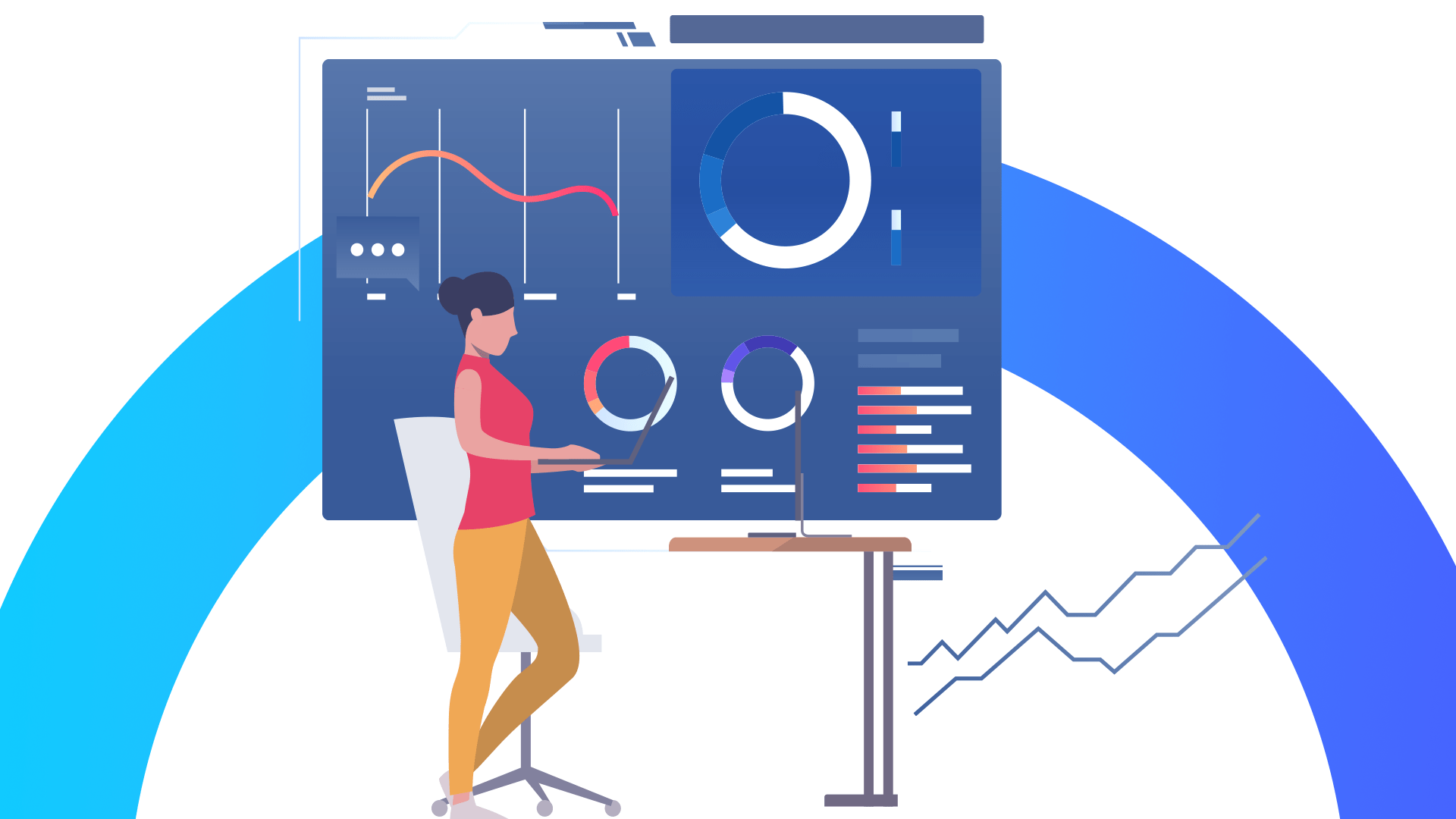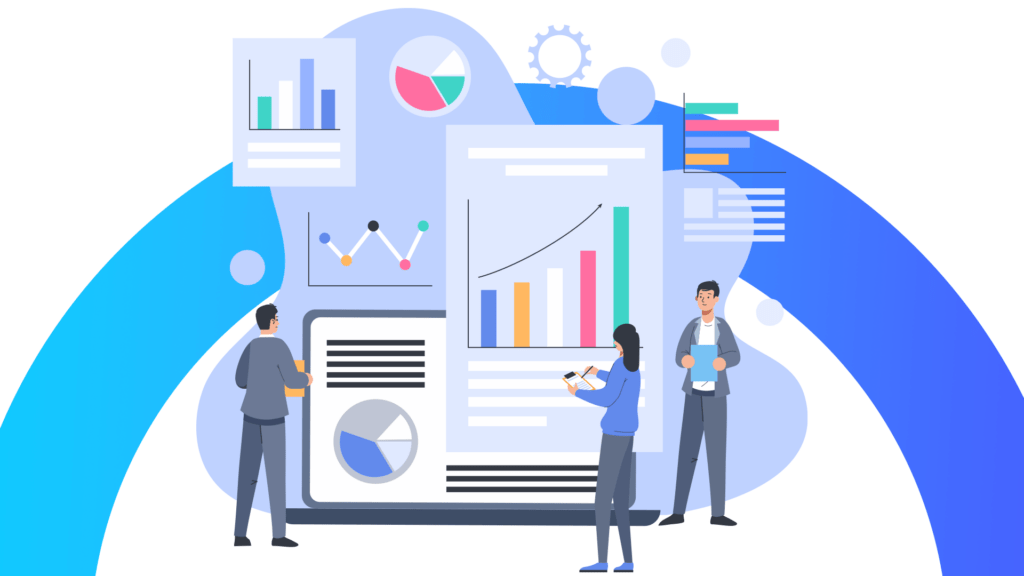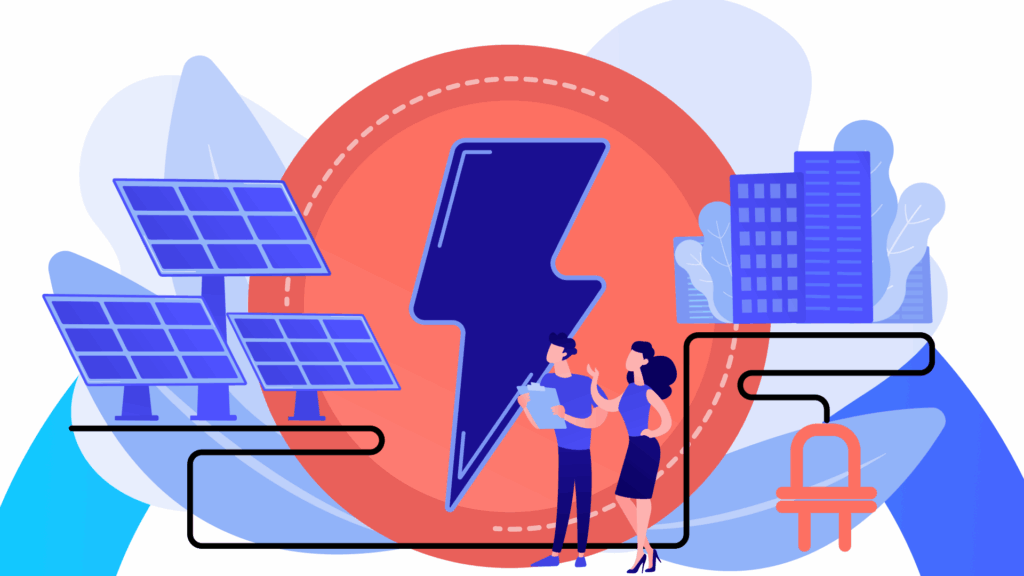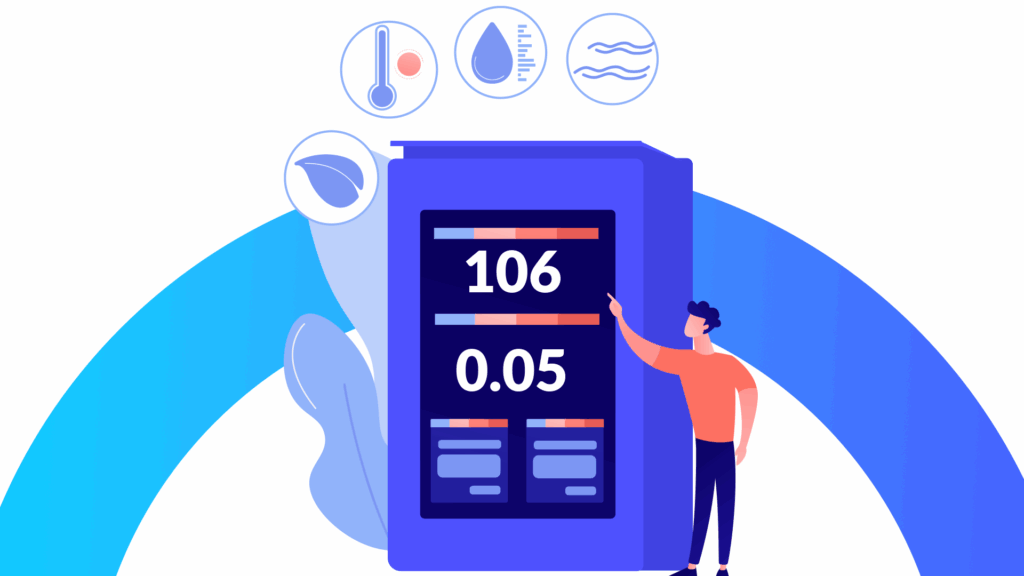Explore how energy consumption optimization is reshaping oil & gas through digital tools, tackling inefficiencies and unlocking smarter, real-time control.
Introduction
Oil and gas have powered the world for over a century. But the pressure to produce more with less is growing. Rising operational costs and stricter environmental rules have forced the industry to rethink energy usage. The spotlight now shines on one thing: energy consumption optimization.
This isn’t just about cutting costs. It’s about running smarter, not harder. And in this digital age, optimization doesn’t come from spreadsheets. It comes from intelligent systems that adapt, learn, and deliver real-time insights.
The challenges no one can ignore
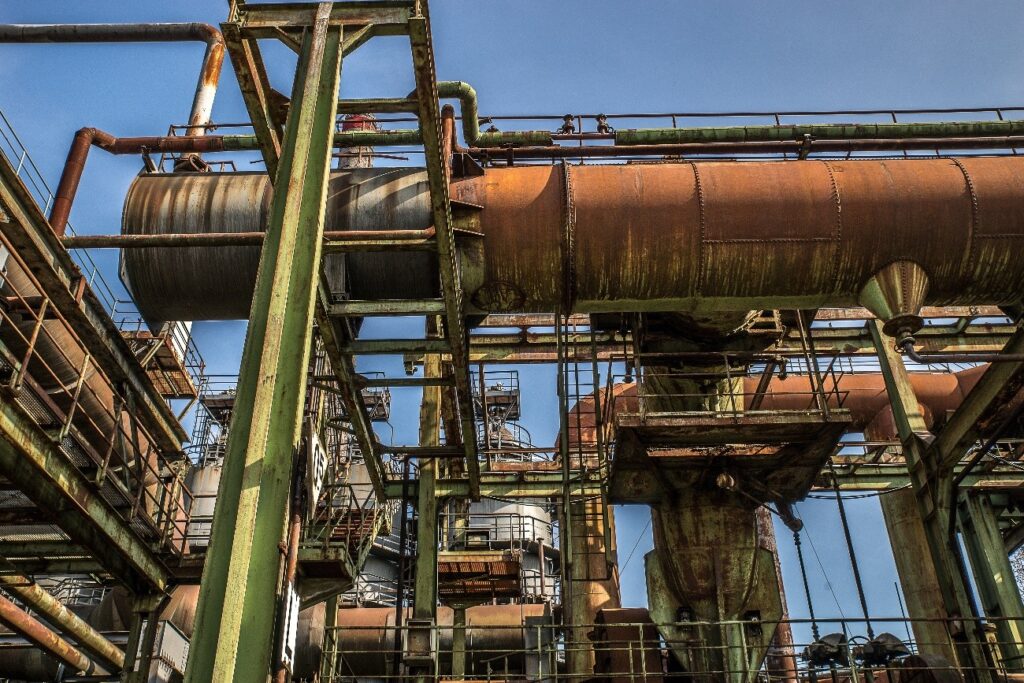
The oil and gas industry stand at a crossroads. It faces several challenges that make old methods unsustainable:
- Aging infrastructure: Much of the equipment in use today is outdated and inefficient.
- Volatile energy prices: Costs spike with global events, making budgeting unpredictable.
- Environmental pressure: Stricter emissions laws demand cleaner, leaner operations.
- Complex operations: Assets stretch across remote sites and harsh environments.
- Data overload: Facilities collect vast data but struggle to turn it into action.
All these factors make one thing clear. The status quo cannot continue. Energy consumption optimization is no longer optional; it is urgent.
Why the old way no longer works
Traditionally, energy management in oil and gas has been reactive. Teams wait for problems, then fix them. Downtime hits. Equipment runs inefficiently. Valuable resources leak away.
This approach doesn’t hold up anymore. Energy is one of the highest operating costs in oil and gas production. You can’t afford to waste it. Optimization must start before a problem happens, not after.
Digital transformation is the game changer
Digital tools are reshaping how facilities think about energy. Real-time data, cloud platforms, and IoT sensors now offer visibility that was once impossible. Plants can now monitor every pump, valve, and compressor in real time. They can pinpoint inefficiencies at their source.
Here’s what this transformation brings:
- Instant visibility: Know what’s consuming energy and why
- Automated adjustments: Systems respond without waiting on human input
- Predictive control: Machines learn and forecast needs ahead of time
- Cross-site integration: Unified views across multiple assets
These are not buzzwords. They are the foundation of energy consumption optimization at scale.
Oil and gas needs more than monitoring
It’s easy to confuse energy monitoring with optimization. Monitoring tells you what’s wrong. Optimization helps you fix it and avoid it in the future.
In oil and gas, where facilities span acres and equipment operates around the clock, optimization must be smart, fast, and scalable. That’s where data-driven platforms make the difference.
Unlike basic monitoring tools, modern platforms offer deep analytics. They highlight trends. They compare performance across locations. And they guide engineers toward the highest-impact fixes.
The real impact of optimization
Let’s break it down. When companies focus on energy consumption optimization, they:
- Lower energy bills
- Reduce carbon emissions
- Extend equipment life
- Improve safety and compliance
- Increase overall production uptime
But the true impact only comes when data turns into action. That’s where platforms like OmniConnectTM make the difference. It doesn’t just collect numbers, it connects them to real decisions.
Its real-time insights, unified data views, and predictive capabilities allow teams to shift from reactive to proactive. It helps engineers understand not just where energy is being used, but how it can be used better. And when applied across sites, those savings add up fast.
This is the future. And it’s not coming; it’s already here.
Final thoughts
Oil and gas companies can’t rely on guesswork anymore. The tools exist. The data is there. The path is clear.
Energy costs will keep rising. Regulations will tighten. Customers will demand more transparency. Only companies that invest in digital optimization will stay ahead.
Energy consumption optimization is no longer a project. It is a strategy. And with platforms like OmniConnectTM, it becomes a practical one.

